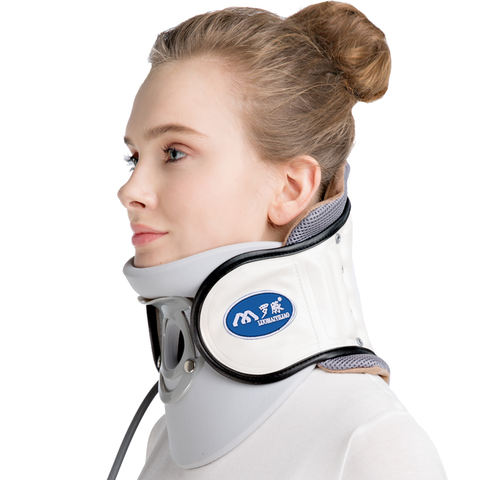As time passes, every part of the human body undergoes changes, and the brain, as a core organ, is no exception. Scientific research reveals that 54 years old marks a significant turning point in brain aging, with the decline becoming more noticeable. This change is reflected not only in memory decline but may also manifest in various other aspects, as follows:
– Memory decline: In daily life, one may experience difficulty remembering recent events or people’s names, closely related to the decrease in the number of brain neurons and weakening of information processing and storage capacity. – Attention distraction: With the slowing of nerve conduction speed, focusing attention becomes difficult, especially during listening to speeches, reading, or multitasking. – Impaired language expression: Damage to the brain regions responsible for language may lead to difficulties expressing personal views or understanding others’ speech. – Decline in decision-making ability: When facing complex decisions or new challenges, reaction speed and processing ability are not as good as before. – Intensified emotional fluctuations: Affected by impaired neural signal transmission, emotional ups and downs may occur, such as frequent feelings of depression and anxiety, affecting social and life quality. – Sleep disorders: Disruption of sleeping patterns, waking up easily, and feeling tired in the morning become common. – Weakened coordination: Performing fine motor skills (such as fastening buttons, writing) and maintaining body balance become challenging. – Decline in understanding: Feeling difficulty in processing complex concepts or abstract problems, with reduced understanding compared to before. – Sensory degradation: Decreased sensitivity in senses such as smell, taste, hearing, and vision, with delayed responses to environmental stimuli.
Although the changes brought by brain aging after the age of 54 may seem irreversible, effective measures can still delay this process: – Positive attitude: Maintaining an optimistic mood, reducing stress, and enjoying the positive aspects of life. – Regular exercise: Engaging in aerobic exercises regularly, such as walking, swimming, cycling, to promote blood circulation and maintain brain vitality. – Balanced diet: Paying attention to balanced nutrition, increasing intake of foods rich in antioxidants and essential fatty acids, such as fish, nuts, fruits, and vegetables.
In addition, participating in intellectual challenges, reading, learning new skills, and social interaction can effectively stimulate brain vitality and promote the maintenance of cognitive function. Embracing and adapting to the natural changes in the body and brain, taking positive actions, can make age just a number and live each day with vigor and health.


